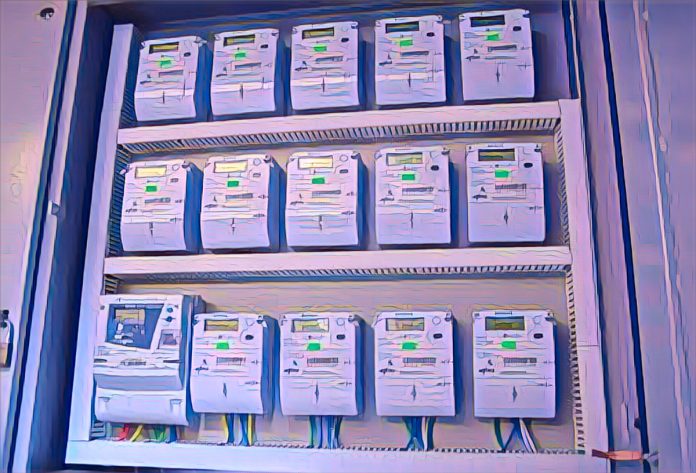A storm of controversy has erupted within Nigeria’s power sector following the announcement of a N40 billion metering deal. The deal, which has sparked intense debate, has raised questions about transparency and accountability in the management of funds earmarked for critical infrastructure projects.
The controversy centers on concerns regarding the procurement process, as well as the suitability and effectiveness of the meters to be supplied under the deal. Stakeholders have voiced skepticism about the value for money and the potential impact on addressing the longstanding issue of electricity metering in the country.
Critics argue that the lack of transparency surrounding the deal undermines public confidence in the government’s efforts to reform the power sector and improve service delivery. They call for greater scrutiny and oversight to ensure that funds are utilized efficiently and that the meters supplied meet the required standards.
Proponents of the deal, however, defend it as a necessary step towards addressing the metering gap and enhancing revenue collection in the power sector. They stress the importance of accelerating meter deployment to curb losses and improve billing accuracy, thereby fostering greater financial viability within the industry.
Amidst the swirling controversy, there are calls for thorough investigation and accountability measures to be put in place to address any irregularities or concerns raised. Transparency and stakeholder engagement are seen as crucial elements in ensuring the success and sustainability of initiatives aimed at transforming the power sector.
As the debate rages on, the fate of the N40 billion metering deal hangs in the balance, with stakeholders eagerly awaiting further developments and clarity on the way forward. The outcome of this controversy will likely have far-reaching implications for the future direction of Nigeria’s power sector and its ability to meet the energy needs of its growing population.
Source: Businessday.ng



